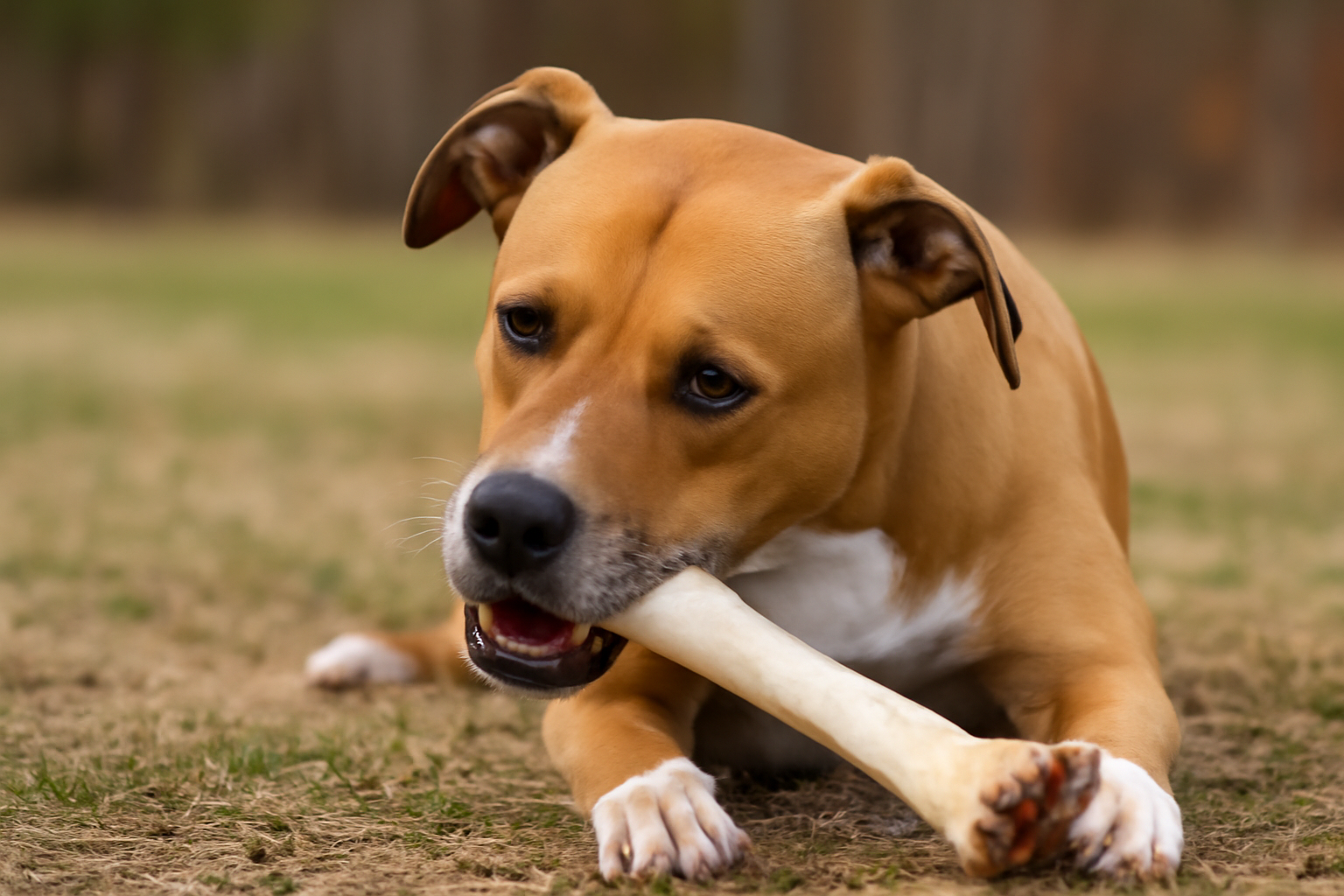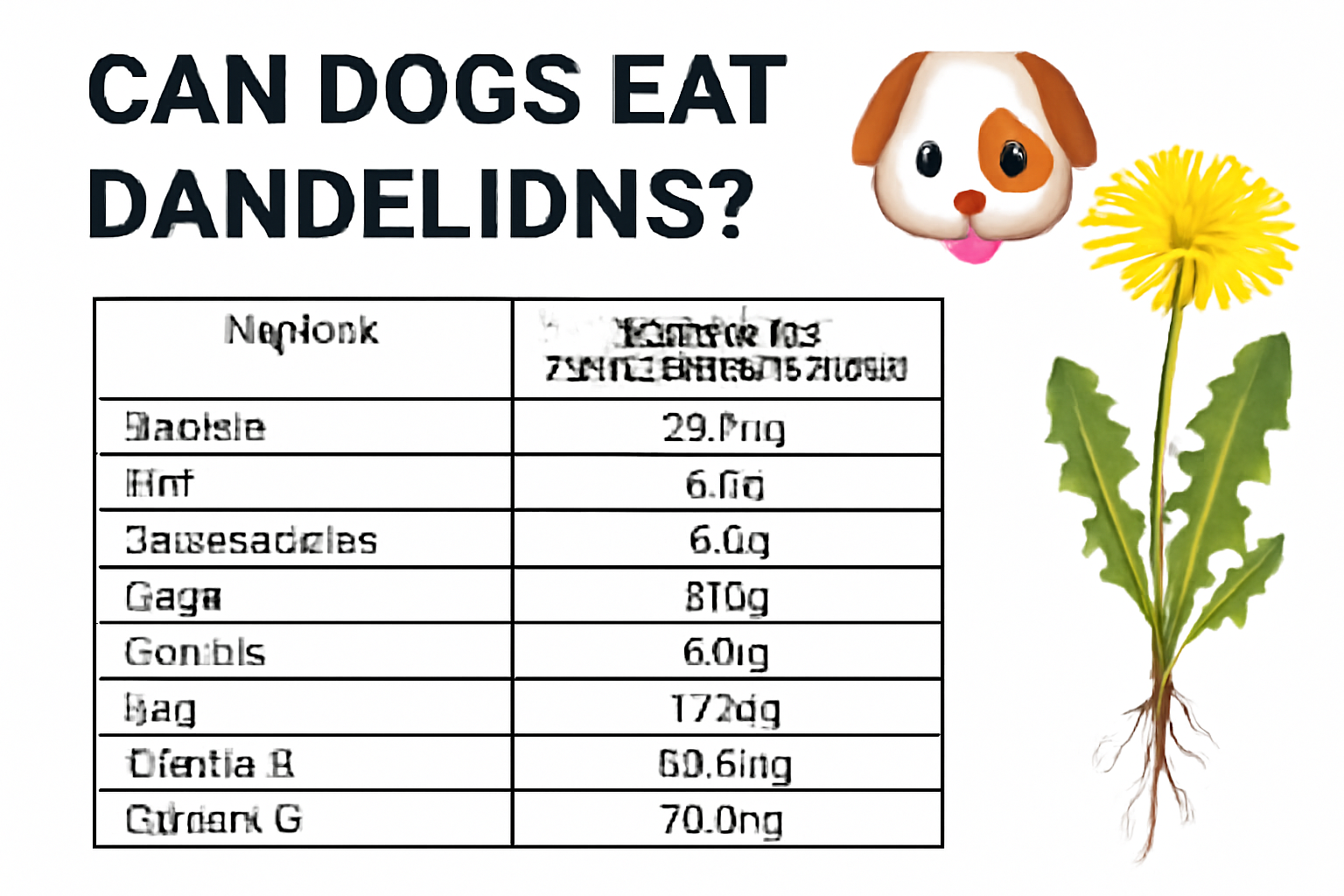Can a Dog Eat a Deer Bone? 🦴🐕
When we think about dogs and their food, many of us picture a bowl of kibble or a tasty treat, like a dog biscuit or a bone. 🦴 But have you ever wondered about the safety of giving your dog a deer bone? 🦌 Well, let’s dive into this topic and explore whether it’s safe for your dog to eat a deer bone and what potential risks and benefits are involved!
What Are Deer Bones? 🤔
Deer bones are, quite simply, the bones of deer that are left after the animal has been processed for meat or left behind naturally. They can vary in size, from small, fragile bones to large, sturdy ones. People often hunt deer for sport or food, and the bones can be found in nature, or in some cases, sold as dog chews.
You may have seen or heard of dogs chewing on bones. It’s quite common for dogs to love chewing, as it helps keep their teeth clean and provides entertainment. But just because a dog loves something doesn’t always mean it’s good for them. Let’s find out whether deer bones are safe or not. 🧐
Are Deer Bones Safe for Dogs to Eat? 🤷♂️
The answer is it depends. While deer bones can offer some benefits to dogs, there are several things you need to consider before offering them to your pet. Let’s break it down:
Potential Benefits of Deer Bones 🌟
- Dental Health 🦷: Chewing on bones can help dogs keep their teeth clean by scraping off tartar and plaque. The action of gnawing on a bone helps maintain good oral hygiene and can prevent bad breath. It’s like a natural toothbrush for your dog!
- Mental Stimulation 🧠: Dogs love to chew. It helps them release energy and provides mental stimulation. Giving your dog a deer bone might keep them occupied for hours, helping reduce anxiety or boredom.
- Satisfies Chewing Instinct 🐕: Dogs have a natural instinct to chew, especially in their puppy years. Deer bones, like other natural bones, allow dogs to engage with this instinct in a healthy way.
Potential Risks of Deer Bones ⚠️
- Dental Damage 🦷: Deer bones, especially the larger and harder ones, can be extremely tough. If your dog chews too aggressively, there is a risk that they could break their teeth. Hard bones like deer bones can cause serious dental injuries.
- Choking Hazard ☠️: If the deer bone breaks into small pieces, your dog might swallow them. Small bone pieces can be a choking hazard or cause a blockage in the intestines, leading to serious health problems.
- Splintering 😱: One of the biggest concerns with any bone, including deer bones, is that they can splinter. Splintered bones are dangerous because they can puncture your dog’s mouth, throat, or intestines, causing internal bleeding and other severe health issues.
- Overeating 🍴: While bones are a great way to keep your dog entertained, they can also encourage overeating. If a dog chews on a bone for a long period, they might end up eating too much of it, leading to digestive problems, like constipation.
- Bacterial Contamination 🦠: If the bone is not properly cleaned, there may be bacteria on it, especially if it has been left outside for a while. This could lead to infections or upset your dog’s stomach.
How to Safely Give a Dog a Deer Bone 🦴
If you decide to give your dog a deer bone, there are a few important safety guidelines to follow to ensure that your dog stays safe:
1. Choose the Right Size Bone 🐾
Make sure the bone is the appropriate size for your dog. A small bone can be a choking hazard for large dogs, and a large bone might be too hard for smaller dogs to handle. You should always pick a bone that matches your dog’s size to ensure it’s safe for them to chew on.
2. Supervise Your Dog 🕵️♂️
Always supervise your dog while they are chewing on a bone. This way, if the bone starts to splinter or they break off a dangerous piece, you can step in and remove it before any harm is done.
3. Limit Chewing Time ⏰
Don’t allow your dog to chew on a bone for hours at a time. Set a timer and let them chew for 15-30 minutes at a time. This helps prevent them from over-consuming the bone and minimizes the risks of dental damage.
4. Don’t Give Cooked Bones 🔥
Never give your dog a cooked deer bone. Cooked bones are more likely to splinter than raw bones, and they can cause more harm. Always opt for raw bones if you want to give your dog a treat.
5. Proper Cleaning 🧼
Before giving your dog a deer bone, make sure to clean it properly. You can wash it in hot water to remove any bacteria or contaminants. Additionally, consider freezing the bone for a few days to kill any parasites or germs that may be present.
Deer Bone Nutritional Value 🦌🍖
You might wonder, “What does a deer bone offer nutritionally for my dog?” Deer bones contain a lot of minerals, and the marrow inside can be quite nutritious.
Here’s a table showing the approximate nutritional value of a deer bone for dogs:
| Nutrient | Amount (per 100g) | Benefit to Dog |
|---|---|---|
| Protein | 25g | Helps in muscle growth and repair |
| Fat | 10g | Provides energy and aids in skin and coat health |
| Calcium | 140mg | Strengthens bones and teeth |
| Phosphorus | 85mg | Works with calcium to strengthen bones and teeth |
| Magnesium | 15mg | Supports healthy nerve and muscle function |
| Iron | 1.5mg | Helps in the production of red blood cells |
FAQ: Everything You Need to Know About Deer Bones for Dogs 🐕💡
1. Can all dogs eat deer bones?
Not all dogs can safely eat deer bones. Small dogs, puppies, or elderly dogs with dental problems might struggle with hard bones. Always consult your veterinarian before giving your dog a bone.
2. How do I know if a deer bone is safe?
The bone should be raw (not cooked) and free from sharp splinters. Make sure it is the right size for your dog and supervise them while they chew.
3. Are there any alternatives to deer bones for dogs?
Yes! There are many safe chew alternatives available for dogs, such as rubber chew toys, antlers, or specially designed dog bones. These are often softer and pose fewer risks to your dog’s teeth.
4. Can deer bones cause diarrhea in dogs?
If your dog eats too much of the bone or if the bone is contaminated, it can lead to digestive problems, including diarrhea. Always monitor your dog’s chewing and make sure they don’t overeat.
5. Can I give my dog a deer bone if they have sensitive teeth?
If your dog has sensitive teeth, you should avoid giving them deer bones, as the hardness can cause pain or injury. Opt for softer chew toys instead.
Conclusion: Is It Safe to Give Your Dog a Deer Bone? 🐾
In conclusion, deer bones can be a tasty treat for your dog, but they come with some risks. Always choose a bone that is the right size for your dog, supervise them while they chew, and never give them cooked bones. If you follow these safety precautions, deer bones can provide your dog with hours of entertainment and a little extra nutrition, but be cautious of the potential dangers.
If you are ever in doubt, it’s always best to check with your vet to make sure a deer bone is the right choice for your furry friend.




